EU "turns its eyes" on nuclear energy - How much should the bloc invest by 2050 to meet needs?
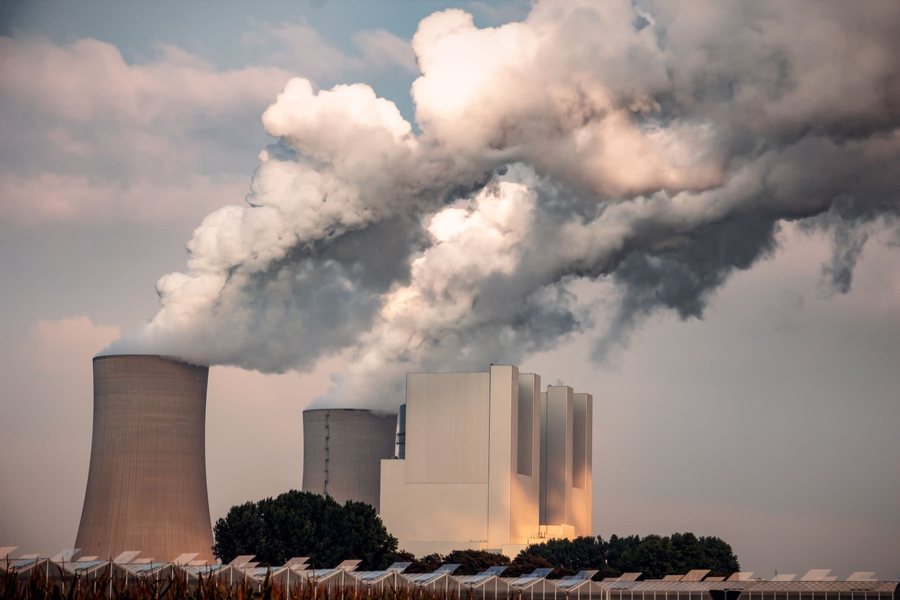
Nuclear energy remains one of the most important energy sources in the European Union. It accounts for 22.8% of all electricity produced in the bloc.
Following the closure of plants in Germany, there are now only 12 nuclear power producers in the EU. France, with its 57 reactors and a capacity of 338 GWh per hour, is the largest producer, generating 55% of the Union's total. Spain comes next with over 9%, followed by Sweden with almost 8%.
However, investment in nuclear power is not increasing. The World Nuclear Association recently warned that there will not be enough reactors in the future to produce the same amount of electricity as those that are being shut down. This could compromise the EU's long-term energy security strategy, the organization says.
How do Europe's investments compare to those of Russia?
At the moment, only two new reactors are under construction in the EU, one in France and another in Slovakia. In total, only 12 more are planned across the bloc.
This figure is less than only Russia, which has planned 14 new reactors, six of which are under construction.
To meet energy needs, the World Nuclear Association says the EU needs to invest at least €350 billion in new reactors by 2050, as part of a comprehensive investment plan of up to €755 billion, which includes decommissioning and waste management.
Poland, the leader of nuclear energy in Europe?
EU nuclear investments in the coming years are expected to focus on Central and Eastern Europe, with two new reactors in Bulgaria, one in the Czech Republic, two in Hungary, three in Poland, two in Romania and two in Sweden.
Poland appears more poised to increase nuclear production, with 26 new reactors proposed to be distributed across the country. However, "new units are expected to come on stream within the next 15 years," the Association says.
Currently, France is the EU country with the greatest dependence on nuclear energy, covering 65% of the total produced, followed by Slovakia with 62%.
In contrast, only 1.4% of the electricity produced in Germany and 3.3% in the Netherlands came from nuclear power plants.
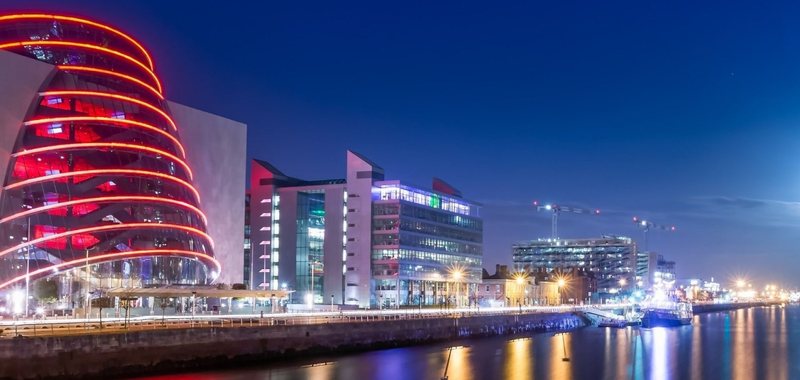
The effect of Trump's tariffs on Ireland - Trade war risks up to 80,000 jobs
The Irish government has warned that the country could lose up to 80,000 jobs if US President Donald Trump launches a trade war with the EU. The estimated......

"Massive" building renovation - Climate targets, energy efficiency in 745,000 residential buildings and 8,200 public buildings
Achieving the national target of reducing greenhouse gas emissions by 2050 requires the renovation of 745,000 residential buildings and 8,200 public......
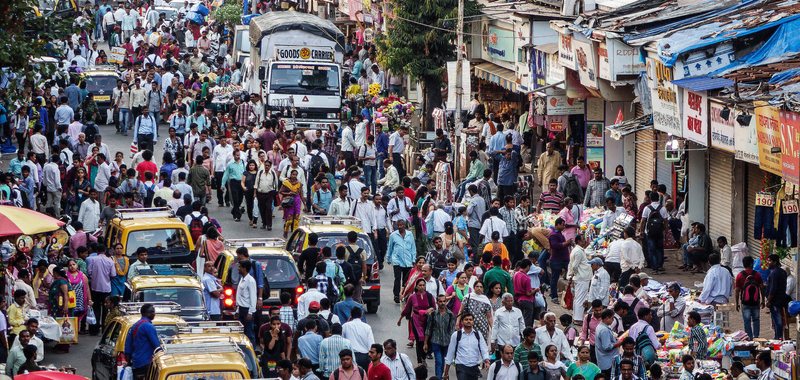
Indians prefer Albania to work - Last year, 13,200 foreigners received residence permits
Albania is no longer just a tourist destination. It is increasingly becoming an attractive place for foreigners who choose to live here, whether for work,......

Egg crisis/US seeks EU help – What stance is Europe taking amid tariff tensions?
The United States is looking abroad to fill an egg shortage, fueled by an outbreak of bird flu that has driven up prices in supermarkets. Putting aside the......
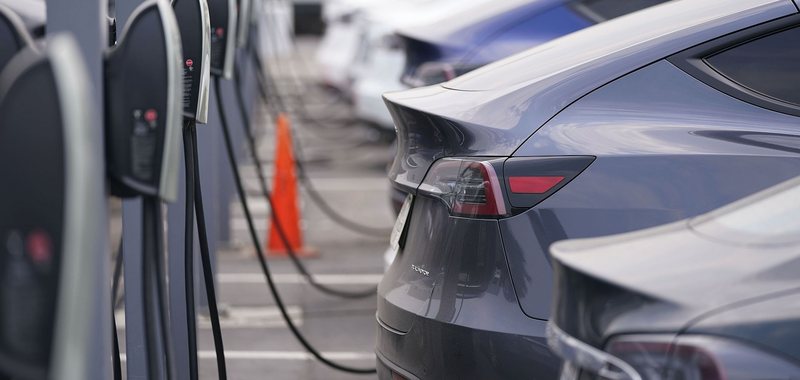
Electric cars "save" Europe - Transport remains the biggest polluter, generating 1/3 of total CO2
A surge in electric car sales will save Europe 20 million tonnes of carbon dioxide (CO2) this year, according to new analysis from the Transport &......
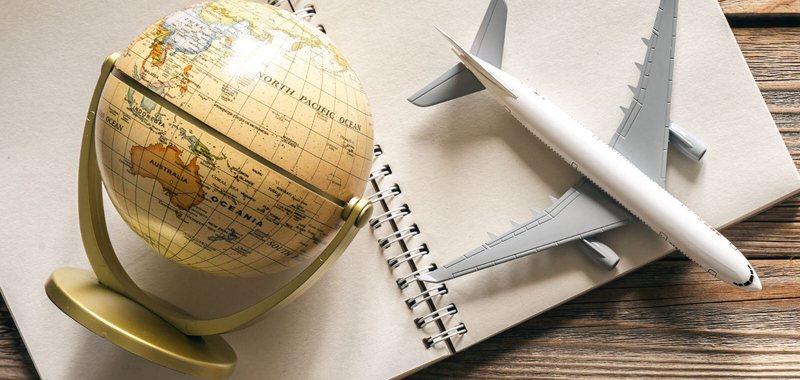
Flights in Albania "beat" Europe / In two months, about 1.3 million passengers traveled by air
Albania has seen a significant increase in the number of passengers in air transport, as a result of the development of the tourism sector in recent years.......

US cuts financial contributions to WTO - Decision part of efforts to reduce government spending
The United States has suspended contributions to the World Trade Organization (WTO), three trade sources told Reuters, as the administration of US President......

Identity card, now within 3 days - From 14 days before. Fee 3 thousand lek. IdentiTek launches new service
The time for issuing an ID card has now been reduced from 14 days to just 3 days. The innovation has been launched by IdentiTek, the state-owned biometric......


















